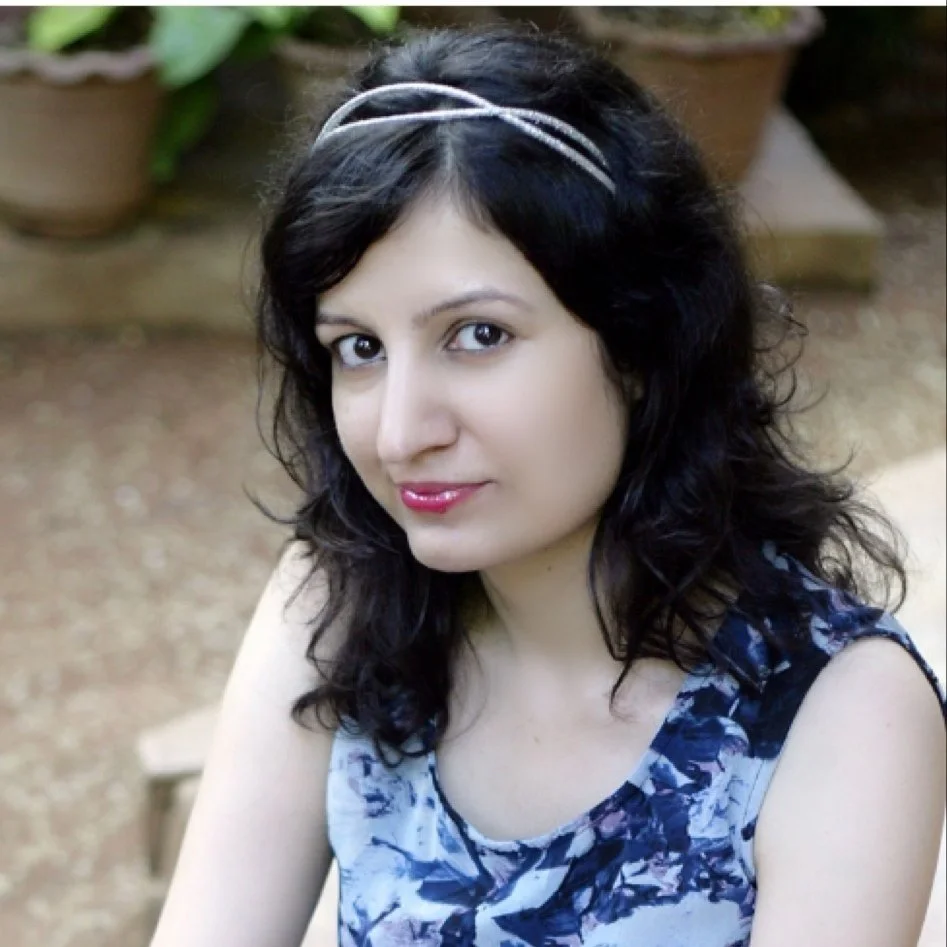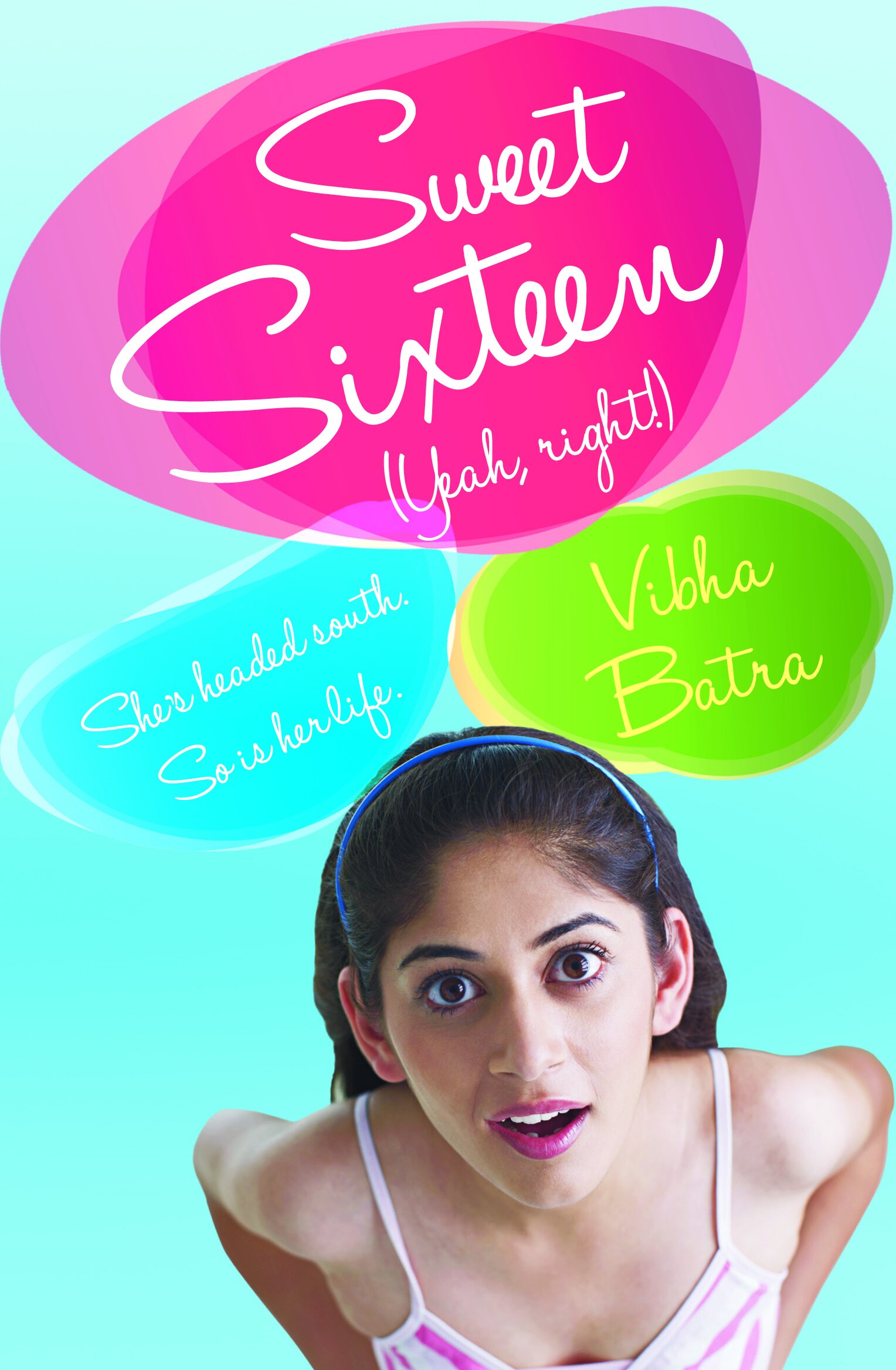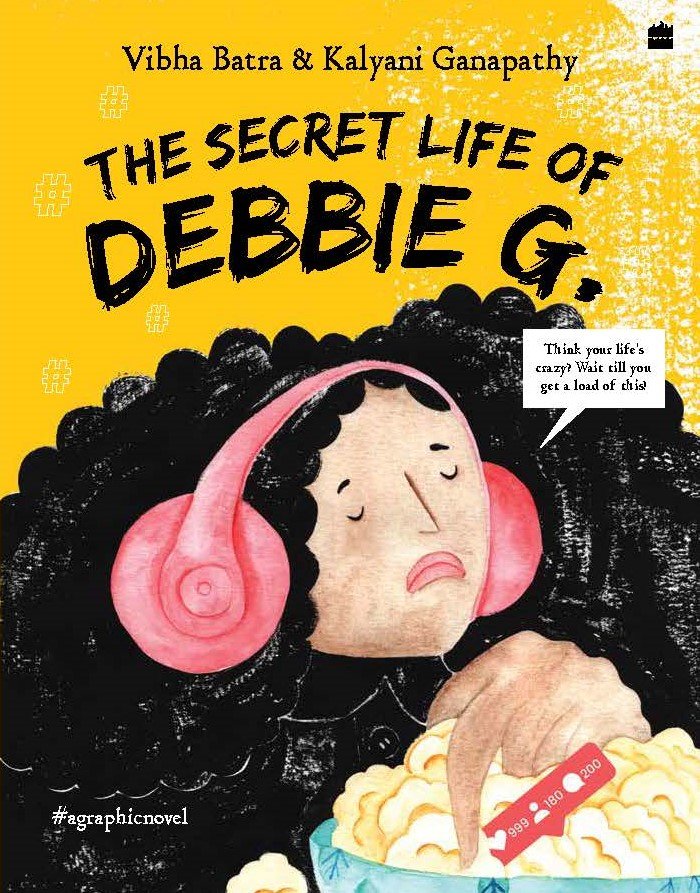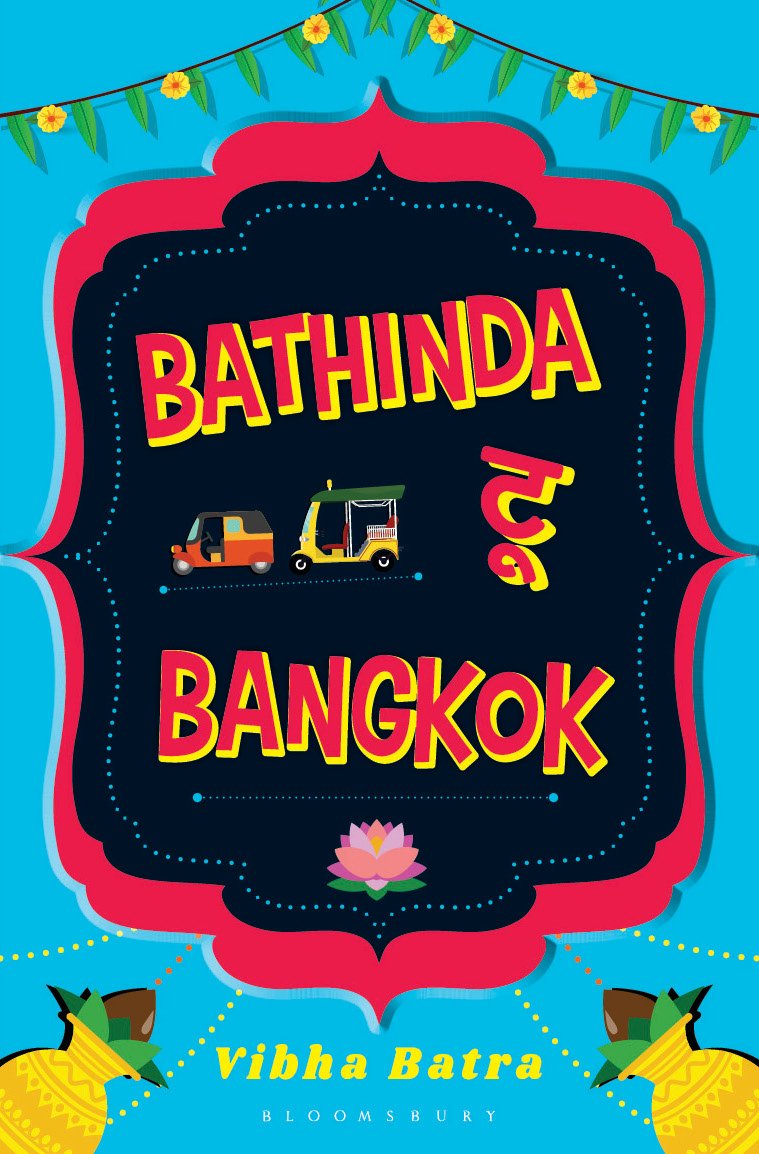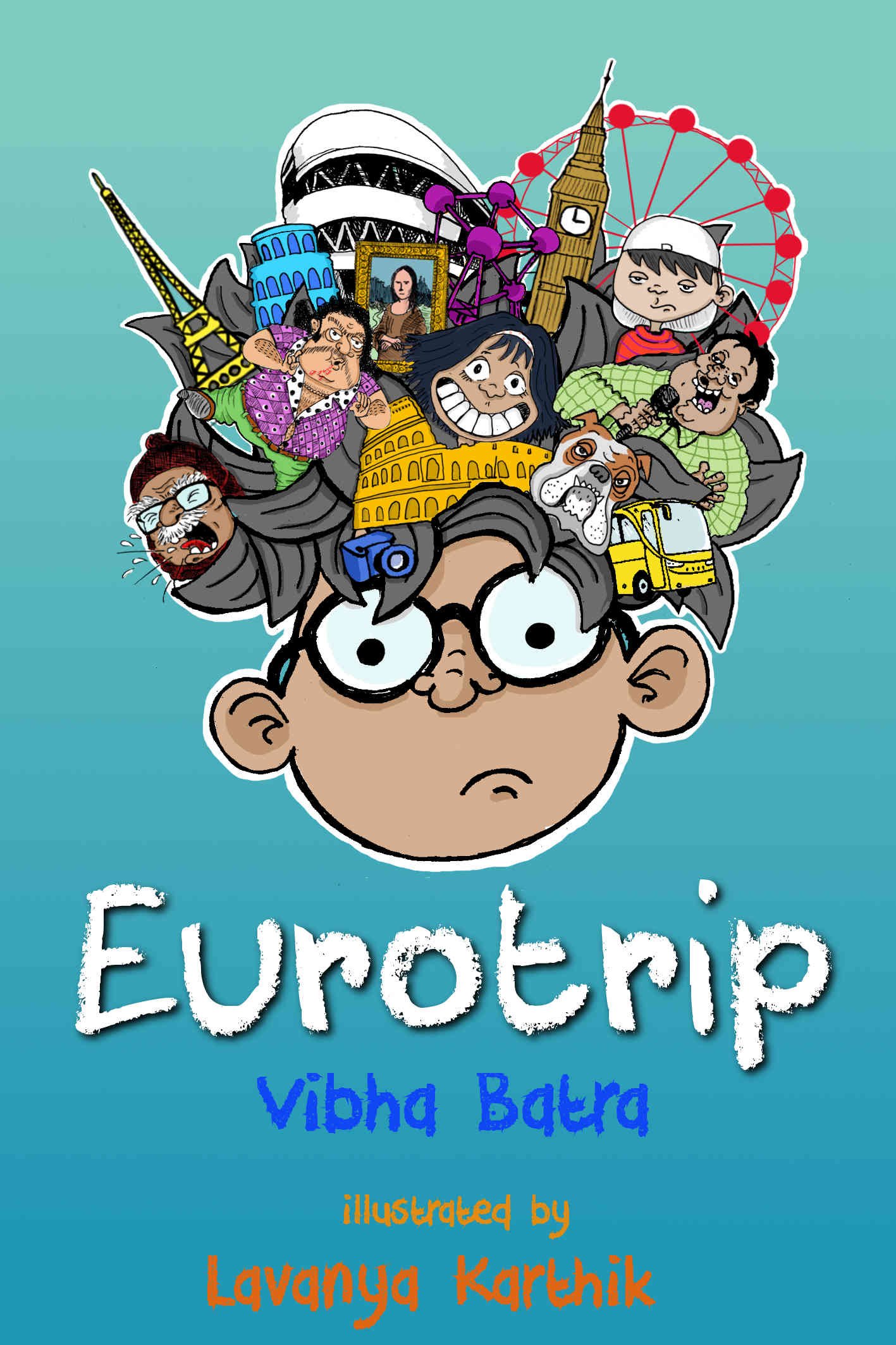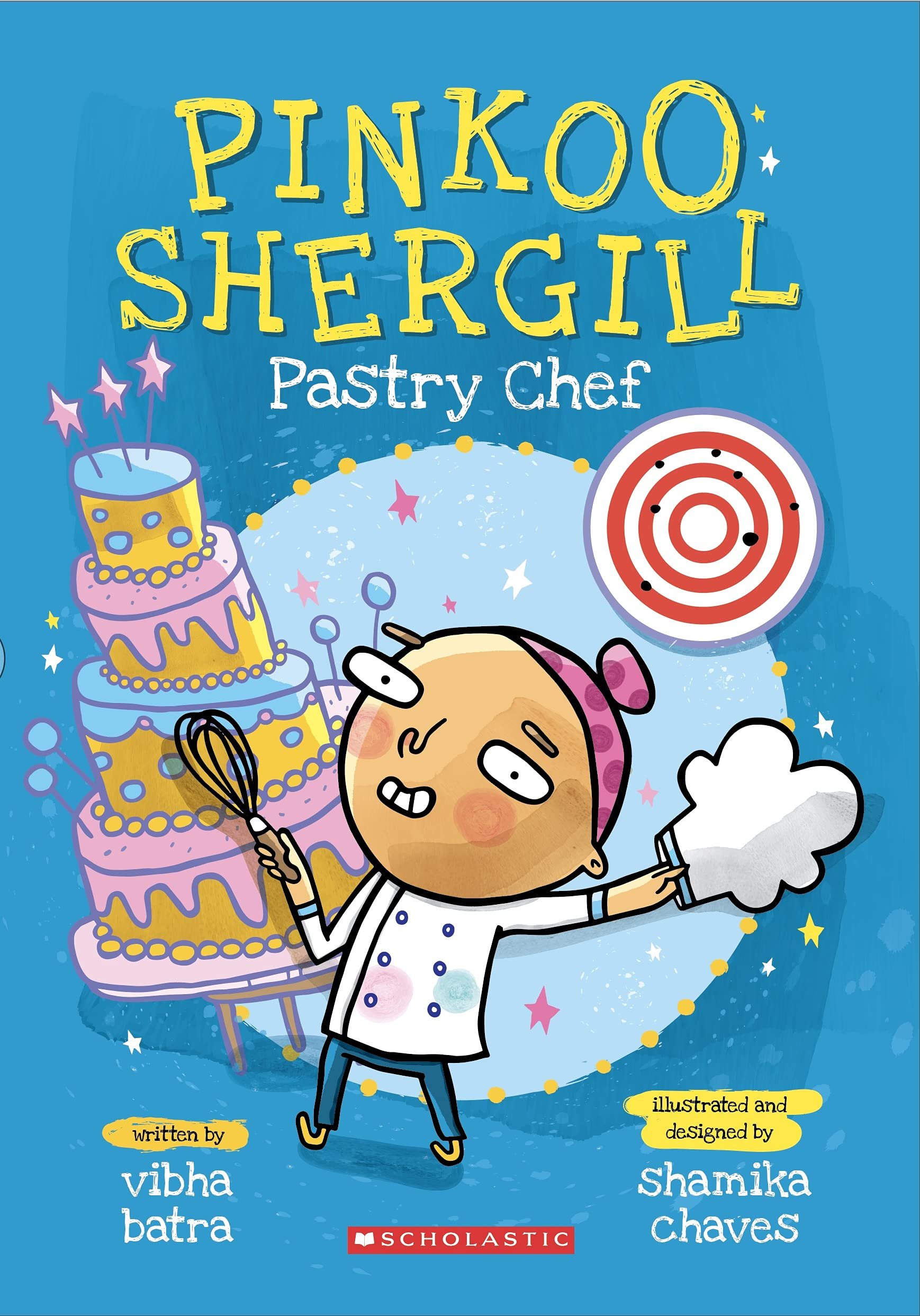Vibha Batra—Author, Poet, Lyricist, Copywriter
IN CONVERSATION
VIBHA BATRA
The one who loses is the one who doesn’t fight.
Chennai, India
December 31, 2021
Writing is in her genes. Her grandfather, the late acharya Vishnu Kant Shastri, was a Hindi literary scholar who published, among several works, Ishaavaasya Upanishad: Gyan aur Karma—a Hindi interpretation of an ancient Vedic text. As a child, Vibha would quietly absorb her grandfather’s discourses, listening to scholars, poets and activists in his Kolkata home. She was oblivious then to the effect of those days on her future and, believe it or not, was more interested in puri-eating competitions!
Vibha and I spoke a few months ago over Zoom. My first impression was that she would be the quiet, studious type—the kind of person whom I could easily relate to. But as she opened up, I discovered a sharp tongue and ready wit behind her smart black-rimmed glasses. Vibha could very well be a Dorothy Parker in the making.
“My grandfather would always be encouraging my sister and I to read and write,” she reminisced.
“His home was filled with haphazardly stacked books but my entire focus was on eating! I just wanted to eat as much as I wanted. I’d participate in eating competitions with my cousins. I had to win! Reading and writing was too much hard work.”
It was a Hindi couplet that awakened her will to write:
“Koi dukh manushya ke sahas se bada nahi,” her grandfather had once recited. “Wahi haara …” Here, he had made a dramatic pause.
Vibha instinctively offered the closing line, “Jo lada nahi.”
(“No sadness is larger than the strength of a human being. The one who loses … is the one who doesn’t fight.”)
Finding your calling in life is a blessing. Vibha knew hers, even if the publishing world took time to respond. As a grade school student, young Vibha would send her stories to Tinkle, the popular children’s comic that never wrote back. Undeterred, she continued to send her work over the years to magazines and for anthologies. Every little acceptance was huge encouragement.
“It was like a shot in the arm,” she told me. “I kept on thinking, ‘Let me just put this out there and see what happens!’”
Putting a few stories out there was one thing but she decided to take a bigger risk. When she was newly married and working full time as a copywriter, Vibha decided to pay tribute to her grandfather’s memory by translating his monumental Hindi text, Ishaavaasya Upanishad, into English. Unlike her grandfather, she was neither a scholar nor a published author, but she was on a mission.
“My greatest literary influence is my grandfather. I couldn’t emulate him if I tried. I was worried that I would get the translation wrong. You don’t muck around with religion in India! I wanted to to do a good job. I wanted to publish his book so that more people could read my grandpa’s work. This was not an exam that I could flunk!”
Vibha chose to make no room for failure. She announced her seemingly unattainable goal of translating a complex Hindu text into English to her colleagues and family. She wrote to every publisher for which she could find an email address.
She let me in on her logic. “I used to read a lot of self-help books,” she told me.
“The books said, ‘Announce your goal to the whole wide world. If you fall off the bandwagon, you will be publicly shamed into reaching your goal.’ So I announced my intention to everyone. People at work would come up to me and cheekily ask, ‘Hey, where are you on that translation?’”
Her persistence paid off. Rupa Publishing, one of India’s top publishing houses, read her draft and immediately signed her on. The learning curve was steep but her effort paid off. “When I saw the book available in universities in India and abroad, it was such a thrill. Imagine, it started with me and my computer!” After that first book, she went on to publish a collection of “tongue-in-cheek” poems and a young adult trilogy which is now optioned for film.
Vibha’s writing journey is a tapestry of genres. I questioned her focus and intent. “Why restrict yourself?” she shot back. “If I don’t take a leap, writing will become another job and I won’t let writing become just another job. There are a couple of genres that I haven’t yet tried. Horror is one. Crime noir is the other. I’m totally hooked on superheroes now. It’s the delayed onset of puberty all over again!”
Something in her approach raised the skeptic within me. Aren’t all these genres too random? Isn’t this way of writing an escape? “What would you call a writer who mostly writes fiction?” she asked me frankly. “It’s relatively bleak out there but all of these parallel universes that we create are beautiful.”
“In the beginning, all writers look for self-validation. You think that your work is good but it’s magical when everybody else thinks so too. It’s a never ending cycle. Once you get published you say, ‘It should be a best seller.’ When it reaches more people, you say, ‘Everybody hates my work.’ You can’t handle it! There will be a small circle of people who keep pushing you up saying, ‘No, sirji you’re so good. Aap to bas great ho. (You’re the greatest, sir.)’ You don’t know what’s real and what’s not anymore.”
Vibha has a firm handle on reality. She does not get swayed by sycophants. She does not get swayed by critics either. “When I published the first installment of my young adult trilogy, I thought, ‘Oh my god! I’m the cat’s whiskers!’ Teenagers were like, ‘Dude, it rocks.’ Then somebody trashed my book online. Was I going to stop writing? Hell no! It makes me laugh. This person said that my book should never have been published. That it’s just a woman writing about sex. Vibha writes erotica. Says who?”
“I call it hirotica because it’s funny. This assumption that women should be chaste and pure—it’s very hypocritical and it’s not going to stop us!”
No matter what happens, it’s obvious that Vibha has a rare combination within her—both the moxie and the wisdom that it takes to be a long-distance winner. Vibha’s life has had its share of curve balls, many of which I know from my own experience are incredibly difficult to surmount. “I could have given up my writing career,” she shared. “I did for a bit and called it a sabbatical but it felt like an act of self-flagellation. Sometimes life takes over and you’re forced to put your dreams on the back burner. Keep at it, go away but come back to it. Don’t let it go. There will be people enough who will find fault. You stay positive and gung-ho."
She went on to share a story from the Bhagavad Gita. “‘The cause of your grief will never go away but you can still be happy.’ I thought it was not possible at one point,” she explained.
“An example from my grandpa stays with me - when we cut open a jackfruit, the milky white substance that oozes out tends to stick to our hands. But if we lather a lot of coconut oil into our hands and then cut the jackfruit, the milky substance does not stick. The cause of grief is still there but if you find your passion, grief cannot stick to you. I found that so powerful. You will lose your loved ones. Your dreams will crumble. But there are things that are within your control. The cause of stress is when you try to control the uncontrollable.”
Vibha’s journey reminds me of how we can turn the beauty of our past into our legacy for the future. The power of remembrance can be transformational. “You have to keep the faith in yourself and maybe in something bigger than you. You learn on the way,” she told me.
“It’s very important to tell my stories as often as I can, in the way that I can. I want to make sense of the world around me and to make sense of life through my words. If my story can reach another human being and touch them, then what’s true for me is also true for them. That’s the magic of writing. That’s my purpose.”
Thank you, Vibha. For breaking through my own skepticism and showing me the sense in stressing less about what I cannot change and focusing more on what is within my control. Life must always be peppered with wit and dreams. You have taught me to never stop realizing my own story yet to never forget my past. For it is in knowing where I have been that I can understand how far I have yet to go.


